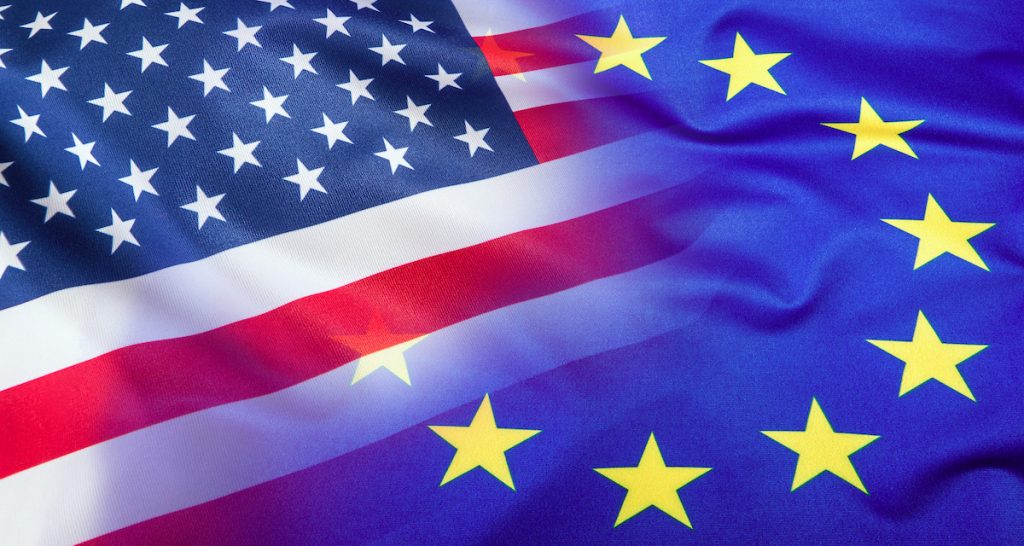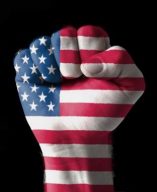The US, EU and Democracies Anonymous, a new mutual aid fellowship

/ POLITICS & AMERICA

“What the country needs is dirtier fingernails and cleaner minds”
– Will Rogers
Renaud Lassus, minister counsellor for economic affairs at the French embassy in Washington, D.C. recently suggested that the US and the European Union (EU) need to join together in a shared effort that revolves around “common answers to existing challenges within their democracies”. It’s an exceedingly diplomatic suggestion because it moves the focus from the more contentious issue of China to something that should be a whole lot easier — navel-gazing.
Ah, but is navel-gazing that much easier? Can we really envisage the US and EU signing on to some sort of mutual aid fellowship for democracies in trouble? Would that Democracies Anonymous (DA) really work like a branch meeting of Alcoholics Anonymous (AA), helping troubled democracies right themselves through the political equivalent of AA’s Twelve Steps programme?
Mr Lassus seems to think there is a lot to be gained from the US and EU joining together for a democracy rejuvenation exercise. But then he would, wouldn’t he? The English version of his book on the revival of democracy in America was published this February. It is, according to the Financial Times’s Rana Foroohar (paywall), “a Tocquevillian call for optimism about the future of the US”.
In fact, the 19th century French aristocrat Alexis de Tocqueville was not wholly complimentary and optimistic about the future of the US, as I have written before. For instance, in his 1835 classic, ‘Of Democracy in America’, de Tocqueville noted that Americans “combine the notions of faith and of liberty so intimately in their minds, that it is impossible to make them conceive the one without the other”. At the time, this was meant as praise but from the late 20th century, it could also be a trenchant diagnosis of all that’s going wrong with America. For, religion has been helping to unmake America, allowing for the rise of televangelist Pat Robertson, Glenn Beck, the Tea Party, the illiberal and passionate white evangelical vote for the Republican Party and the malevolent political trajectory of Donald Trump.
There were other distinct and troubling American characteristics identified by de Tocqueville. (They are all here, in my Times of India oped from November 2010, when President Barack Obama was visiting India). Accordingly, a modern French diplomat’s “Tocquevellian call” might best be taken with a pinch of salt.

